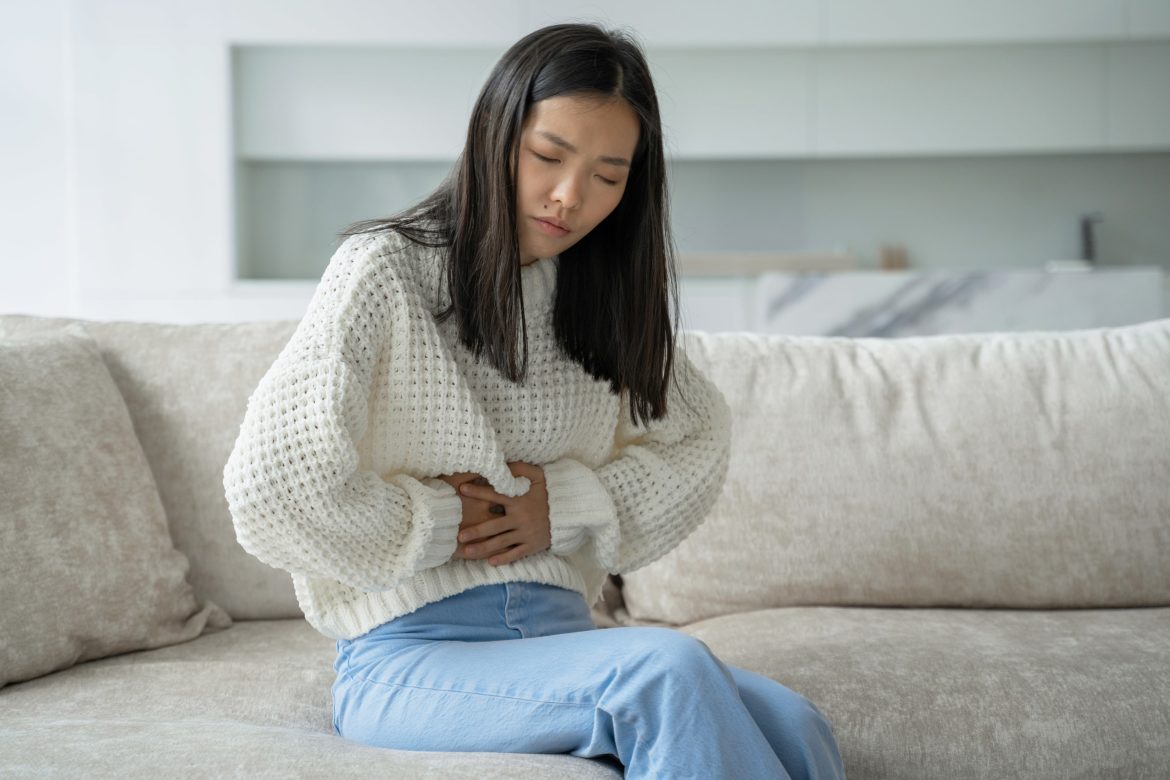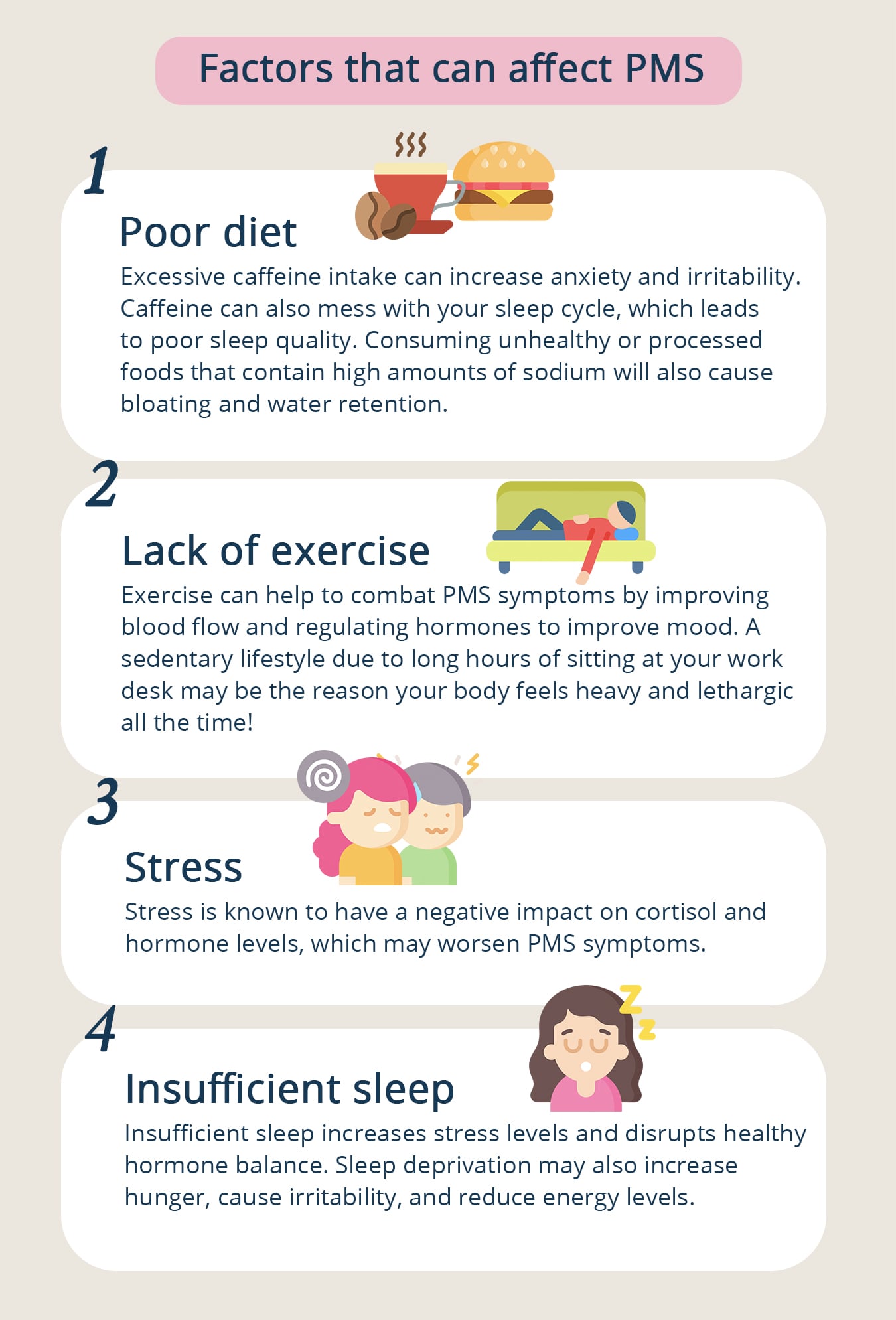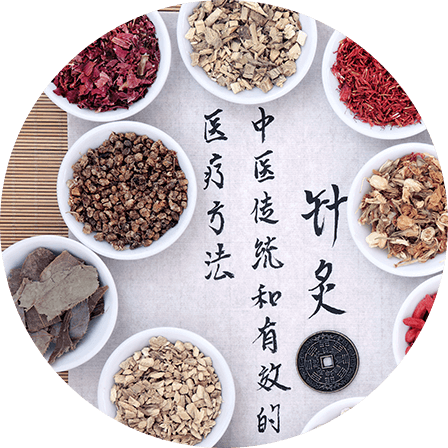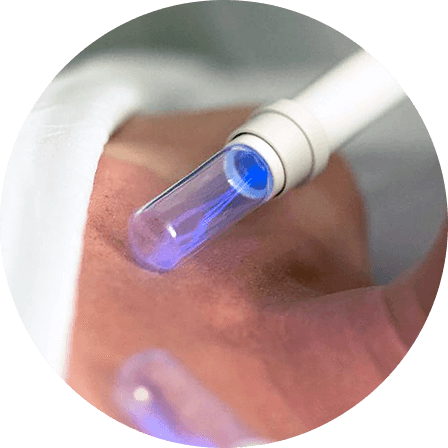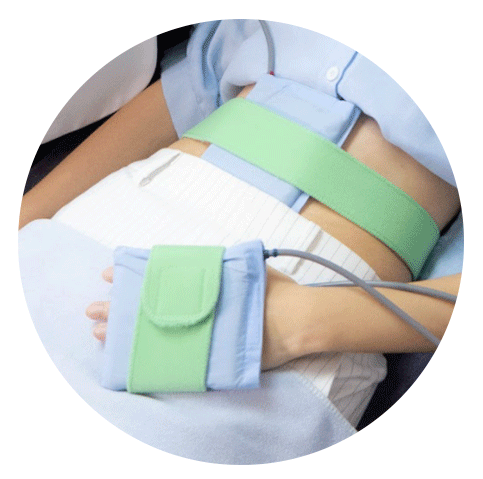Do you feel tired, easily frustrated and suffer from painful abdominal cramps before your period every month? If so, you may be suffering from Premenstrual Syndrome (PMS)!
What is Premenstrual Syndrome?
Premenstrual Syndrome, or PMS, refers to a group of symptoms experienced by women 1-2 weeks before their period arrives. Common symptoms of PMS include mood swings and irritability, abdominal bloating or cramps, breast tenderness, headache, fatigue, and so on. [1] It is widely believed that PMS happens due to a drop in female hormone levels (namely estrogen and progesterone) before their period. [2] PMS is a cause of concern as it happens in 90% of women [3], with some experiencing symptoms so severe that it makes it hard for them to report to work or go to school.
PMS in TCM Perspective
According to TCM theory, PMS is commonly linked to stagnant Liver Qi and stagnation of Qi and Blood in the body. The Liver is closely linked to our emotions, and stagnation of Liver Qi in our body may be the cause of irritability and mood swings. It is also said that where there is stagnation of Qi and Blood, pain will occur. As such, stagnation of Qi and Blood may result in symptoms like abdominal pain, cramps, and fatigue.
Why is PMS a cause for concern?
PMS can affect one’s lifestyle and productivity depending on the severity of symptoms. In fact, some symptoms such as extremely painful period cramps may be a sign of more severe conditions such as endometriosis or Cold Womb Syndrome, both of which may lead to difficulties in conceiving in the future. As such, it is important to seek a medical professional’s help as soon as possible if you are suffering from severe PMS symptoms.
How can we prevent and manage PMS via TCM?
For those of us who find it annoying to deal with PMS every month, fret not as we can reduce the severity of symptoms just by making a few changes to our diet and lifestyle! Here are a few TCM home remedies you can try to combat PMS:
- Diet
-
- Reduce intake of cold drinks and substitute with warm ginger tea
Cold Womb Syndrome is said to be the biggest culprit of painful period cramps. It is caused by excessive exposure to cold environments, such as being in an air-conditioned room for long hours, or over-consuming cold and raw foods such as sushi, sashimi, and cold drinks. To combat Cold Womb Syndrome, reduce intake of cold drinks. Instead, sip on hot or warm beverages to warm up the body and relieve cramps. A popular TCM drink that you can take during PMS is Brown Sugar Ginger Tea as it is easy to drink and can help to combat coldness in the womb. - Reduce intake of processed foods and substitute with whole foods
Before your period, the changes in hormonal level may also increase hunger and make you crave unhealthy foods like snacks and sugary drinks. However, these foods tend to worsen PMS instead of alleviating it. To manage PMS, we recommend reducing sugar intake and substituting these high sodium processed foods with healthier options such as whole grains, lean protein, and fiber-packed fruits and vegetables. [4] Incorporating these healthy foods into your diet can also help reduce hormonal acne that happens before your period. - Reduce Caffeine intake
Caffeine can worsen PMS by keeping you awake at night and making you more anxious. Reduce your caffeine intake by cutting out caffeinated drinks like tea and coffee and substitute with non-caffeinated beverages like water or herb teas. - Stay hydrated by drinking up!
Bloating and water retention happen as a result of high sodium concentration in the body, which is caused by not drinking enough water. As such, you should stay hydrated and keep sodium levels low in order to reduce bloating and water retention.
- Reduce intake of cold drinks and substitute with warm ginger tea
- Lifestyle
-
- Exercise regularly
Exercising 2-3 times a week for at least 30 minutes each time can help to regulate hormone levels, boost mood and productivity, and may even reduce period cramps over time. [5] During the first few days of your period, you may want to substitute intensive exercises with light exercises to ease your body into moving about. - Do stretches
Back ache is a common symptom of PMS. Doing lower back and hamstring stretches can help to relieve back ache and muscle fatigue. - Get sufficient rest
Build good sleeping habits by having a regular sleep schedule. Turn off notifications on your devices and avoid looking at digital screens 2 hours before sleeping. This will improve sleep quality and help you feel more energized in the morning. [1] - Keep warm
Wear clothes that keep you warm and avoid exposing your tummy. TCM believes that exposing the belly button will lead to Cold Womb Syndrome and worsen PMS.
- Exercise regularly
- Other Remedies
- To relieve painful cramps, place a heat pack or hot water bottle over the lower abdomen until the pain goes away. A herbal heat pack that contains warming and blood–circulating herbs such as Mugwort works wonders for this!
- Acupressure Massage
- Studies have shown that acupuncture can help to relieve symptoms of PMS. [6] We can achieve a similar effect with acupressure massage that can be done at home without the use of needles! Here are some acupoints you can try massaging at home:
-
- 合谷穴 (He Gu Acupoint)
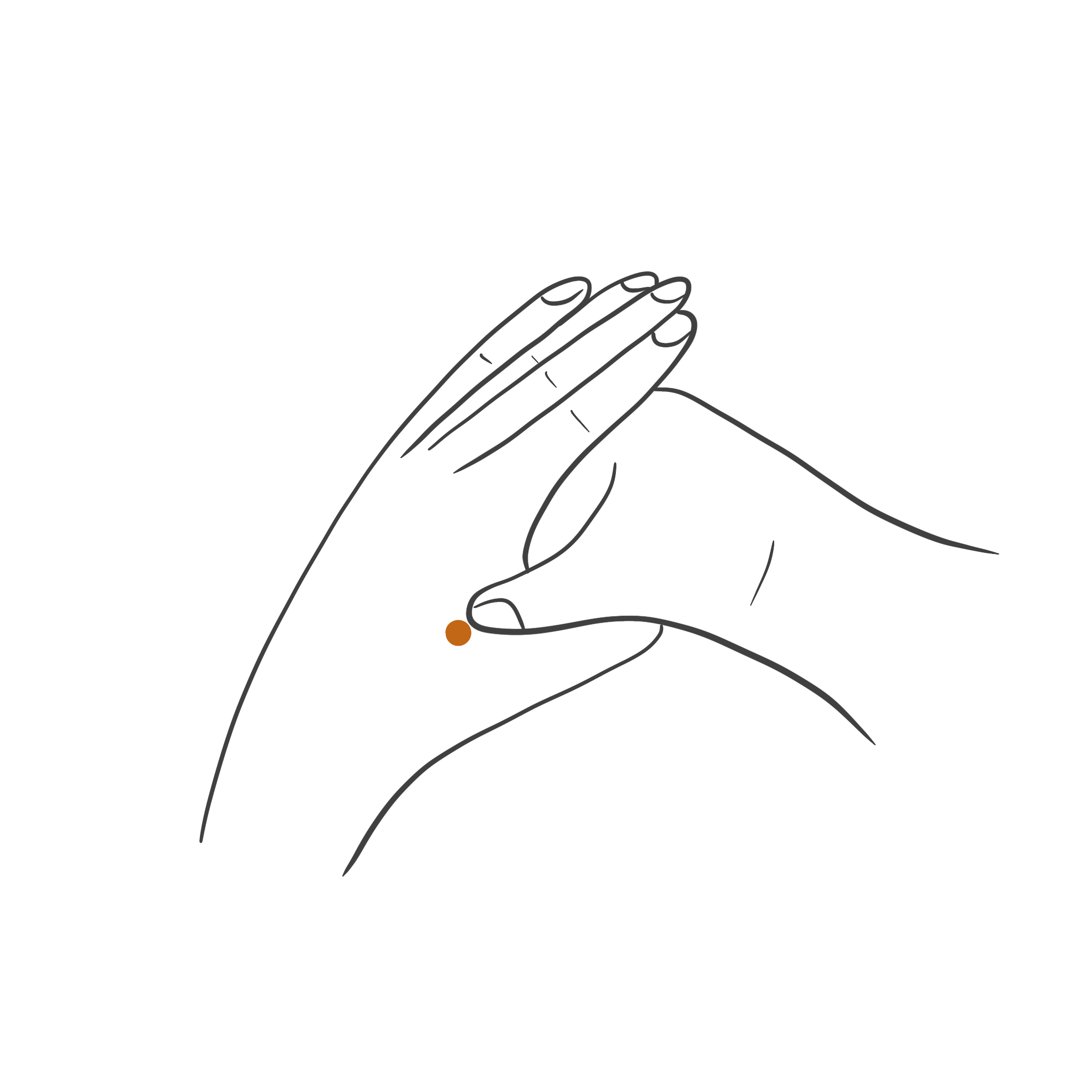 Location: Tender point found on the back of the hand between the thumb and the index finger.
Location: Tender point found on the back of the hand between the thumb and the index finger.
Function: He Gu Acupoint is a common point used to relieve pain and can help to relieve painful period cramps.
How to massage: Press the acupoint with your other thumb and massage for 1 minute each time - 太冲穴 (Tai Chong Acupoint)
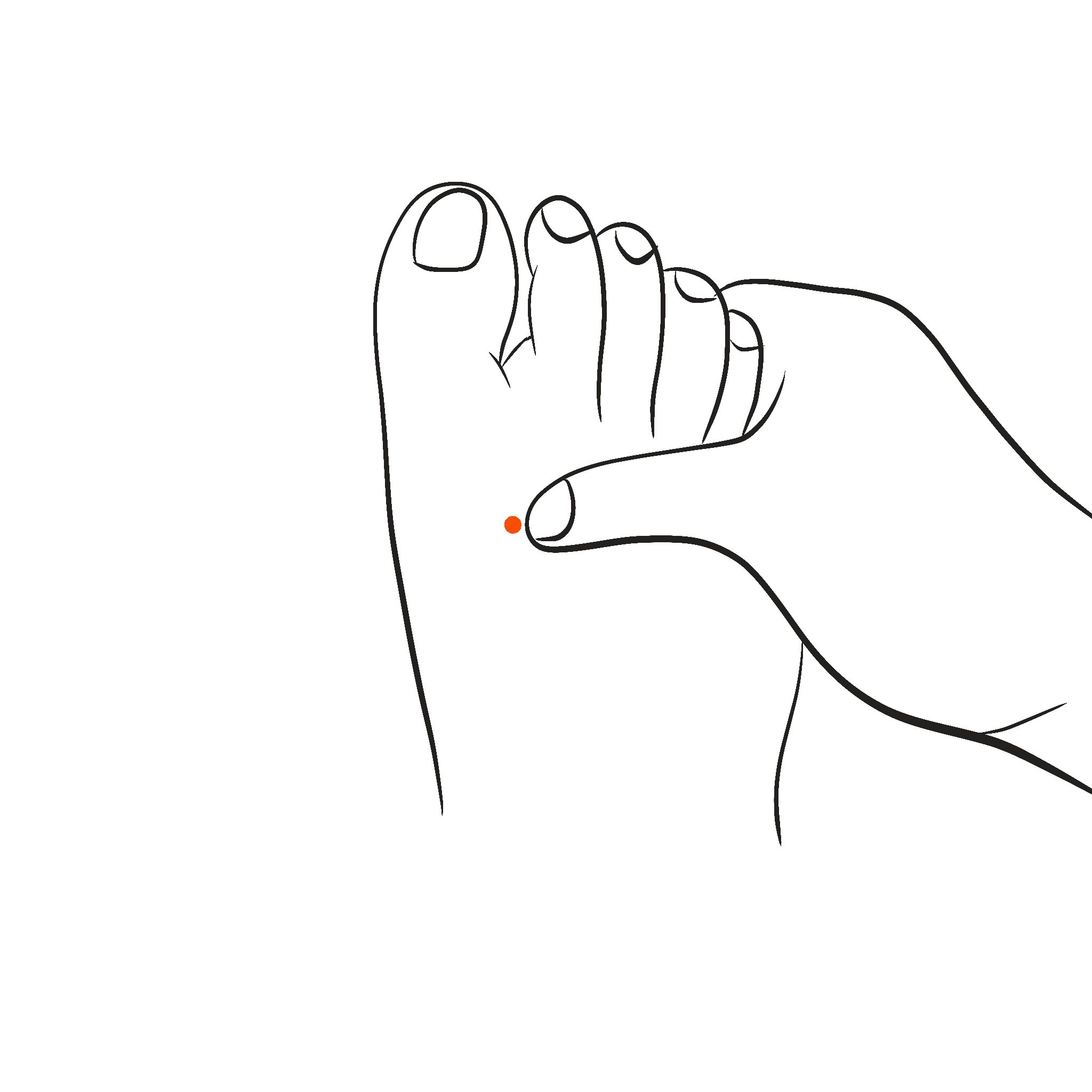 Location: Tender point between the big toe and second toe.
Location: Tender point between the big toe and second toe.
Function: Tai Chong Acupoint belongs to the Liver meridian and can help to improve Qi circulation to help improve mood and reduce irritability.
How to massage: Press on the acupoint with your thumb and massage for 1 minute each time - 气海穴 (Qi Hai Acupoint)
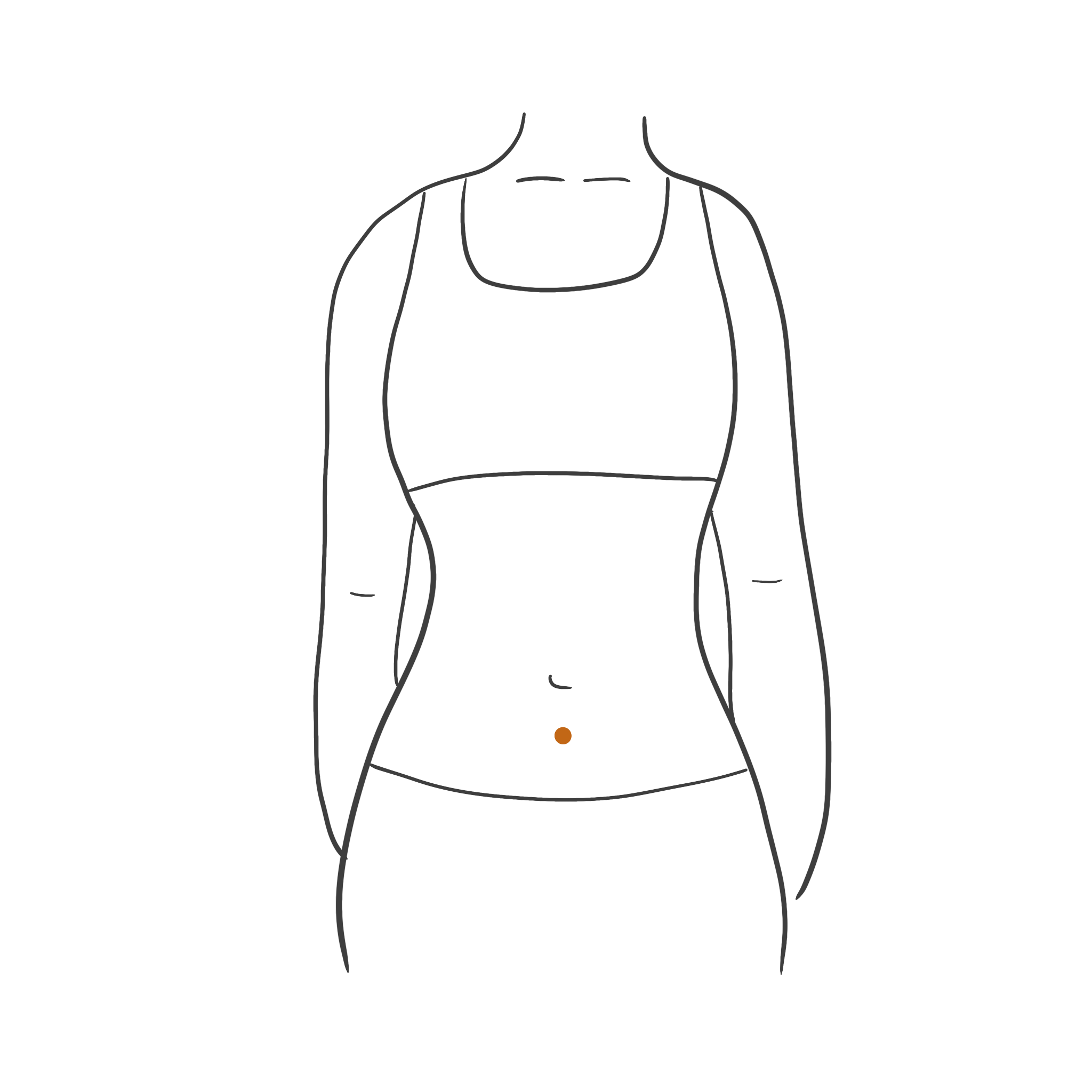 Location: 1.5 inches below the belly button.
Location: 1.5 inches below the belly button.
Function: Qi Hai literally translates to “Sea of Energy” and is believed to be the point on the body where Qi gathers. Pressing this acupoint can help to increase Qi and energy and reduce bloating.
How to massage: Press with your index and middle finger and massage for 1 minute each time
- 合谷穴 (He Gu Acupoint)
- TCM products
- Ointment
Using medicated ointment that contains peppermint oil (such as Ru Yi You) can help to reduce bloating and gassiness. It can also help to reduce period cramps. Essential oils such as Lavender Essential Oil can also help to promote relaxation, improve mood, and promote restful sleep.
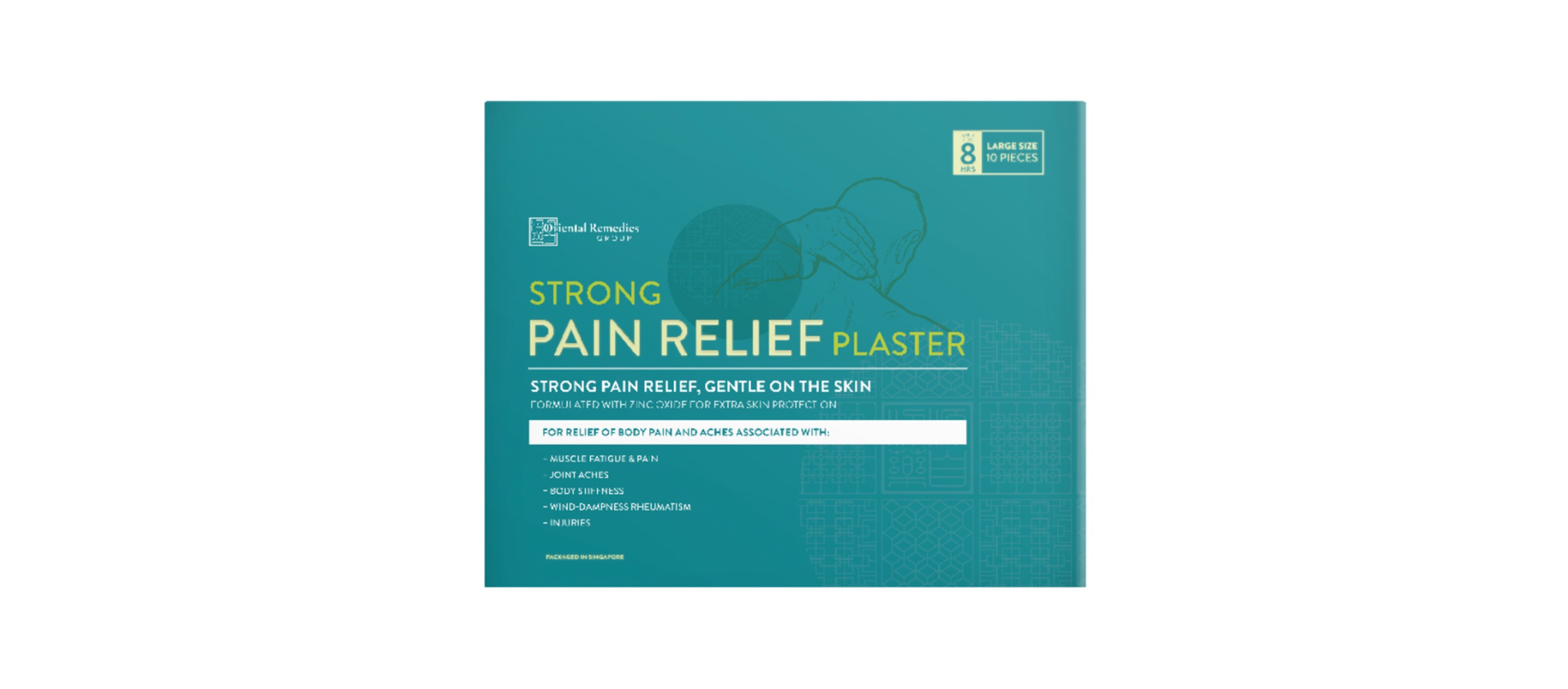
- Strong Pain Relief Plaster
Oriental Remedies Group’s Strong Pain Relief Plaster is formulated with natural herbs that can help to improve blood circulation and provide fast pain relief to areas of concern. It is powerful but extremely gentle on the skin, containing Zinc Oxide which is commonly used in a baby’s sunblock. Apply over the lower back pain for back ache relief, or over the lower abdomen to alleviate menstrual cramps.
- Ointment
-
- Herbal tea, herbal soup
Herb teas are caffeine-free and are excellent at relieving PMS symptoms. Ginger and brown sugar tea can help to relieve cramps and improve Cold Womb Syndrome. Chamomile tea improves mood and promotes restful sleep. Peppermint tea can reduce painful cramps and reduce bloating.Other than herbal teas, herbal soup is also ideal for nourishing the Qi and Blood. Si Wu Tang (四物汤) is a classic remedy for relieving period cramps, replenishing Blood, nourishing the Qi and enhancing youth and beauty of women. Like the name suggests, it contains four herbs: Angelica root, Rehmannia, White peony root, and Sichuan lovage root. These herbs can be acquired easily from medicinal halls and are even sold together in convenient packets in supermarkets. Simply incorporate the herbs with chicken or pork for flavorful broth and you’ll have a delicious and nourishing soup for all the women to enjoy in your family!
- Herbal tea, herbal soup
How can we help at ORG?
If you suffer from extreme PMS, it is best to seek professional help as it could be a sign of more severe conditions such as endometriosis or Cold Womb Syndrome. At ORG, we believe in incorporating traditional therapies with technology to help patients feel better faster.
Acupuncture and Herbal Medication
TCM herbs can help to improve emotional health and reduce stress by regulating Liver Qi. When there is emotional stress involved, we usually say that the Liver Qi is stagnant. Improving circulation of Liver Qi with herbs like Jia Wei Xiao Yao San will help to reduce stress and improve emotional health.
When it comes to home remedies, some common herbs that are good for Heart Fire include longan and lotus seeds. These herbs can clear excessive heat from the body, including Fire originating from the Heart. In the clinic, we will prescribe a combination of cooling herbs to clear the Heart Fire and stomach-protecting herbs to balance the digestive system as cooling herbs can put burden on the stomach and cause gastric issues. Bringing the Heart back to balance helps to regulate emotional distress like anxiety.
Electro-Lymphatic Drainage Therapy (ELT) is a gentle and non-invasive therapy that helps to stimulate proper flow and drainage of the lymphatic system, simulating the effects of a lymphatic drainage massage of tuina without the pain and pressure. ELT is performed using an FDA-registered wellness device to boost your overall wellness.
Better lymphatic flow and drainage can assist acupuncture in promoting Qi and Blood circulation and reduce bloating and water retention.
At ORG, we use a wellness device (used in Japanese hospitals) known as the MI Energy Machine which directly supplies the body with a high density of negative ions. Negative ions can help to reduce stress and improve sleep quality by regulating the autonomic nervous system. [7]
Your healing is the most important!
At Oriental Remedies Group, our physicians are trained in both Biomedical Science and TCM at Nanyang Technological University (Singapore) and China for a minimum of 5-8 years before being certified to practice in Singapore.
If you or a loved one is suffering from health conditions in relation to Premenstrual Syndrome, we would like to help. Please contact us at +65 8087 0486 for a personalized consultation.
—-
This article is written by Physician Foo Shan Ju.
Physician Foo Shan Ju (Oriental Remedies Group, Singapore), a registered TCM physician certified by the Traditional Chinese Medicine Practitioners Board (TCMPB).
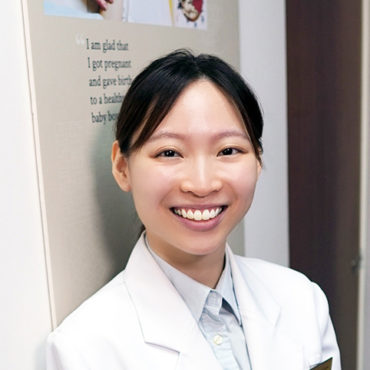
Note: All words in Italics refer to the TCM organ-system and not the anatomical organ referenced in western medicine.
Disclaimer:
The information on this page is for information and educational purposes only. Such medical information may relate to disease, injury, drugs and other treatments, medical devices and/or health products. Medical information does not amount to advice, and if advice is needed an appropriate professional help should be sought. The disclaimer asserts that no warranties or representations are given in respect of the medical information, and that the website operator should not be held liable if a user suffers any injury or loss after relying upon the medical information.
All wellness assessments and technology-enhanced therapies using wellness device(s) are intended for use only for general well-being purposes or to encourage or maintain a healthy lifestyle, and it is not intended to be used for any medical purposes (such as detection, diagnosis, monitoring, management or treatment of any medical condition or disease). Any health-related information provided by these devices should not be treated as a medical advice. Please consult a physician for any medical advice required.
Please consult a physician for any medical advice required.
References:
[1] American College of Obstetricians and Gynecologists. (2015). Premenstrual Syndrome (PMS)
[2] Dickerson, L., Mazyck, P., Hunter, M. (2002). Premenstrual Syndrome . American Family Physician; 67(8): 1743–1752.
[3] Winer, S. A., Rapkin, A. J. (2006). Premenstrual disorders: prevalence, etiology and impact. Journal of Reproductive Medicine; 51(4 Suppl):339-347.
[4] Kaur, G., Gonsalves, L., Thacker, H. L. (2004). Premenstrual dysphoric disorder: a review for the treating practitioner. Cleveland Clinic Journal of Medicine; 71: 303–5, 312–3, 317–8.
[5] Aganoff, J. A., Boyle, G. J. (1994). Aerobic exercise, mood states and menstrual cycle symptoms. Journal of Psychosomatic Research; 38: 183–92.
[6] Kim S-Y, Park H-J, Lee H, Lee H. Acupuncture for premenstrual syndrome: a systematic review and meta-analysis of randomised controlled trials. BJOG 2011;118:899–915.
[7] Ruiqi Liu, ZhiweiLian, LiLan, XiaoleiQian, KejianChen, KaishengHou, XiaLi. Volume 205, 2017, Pages 2980-2986. Effects of negative oxygen ions on sleep quality.

